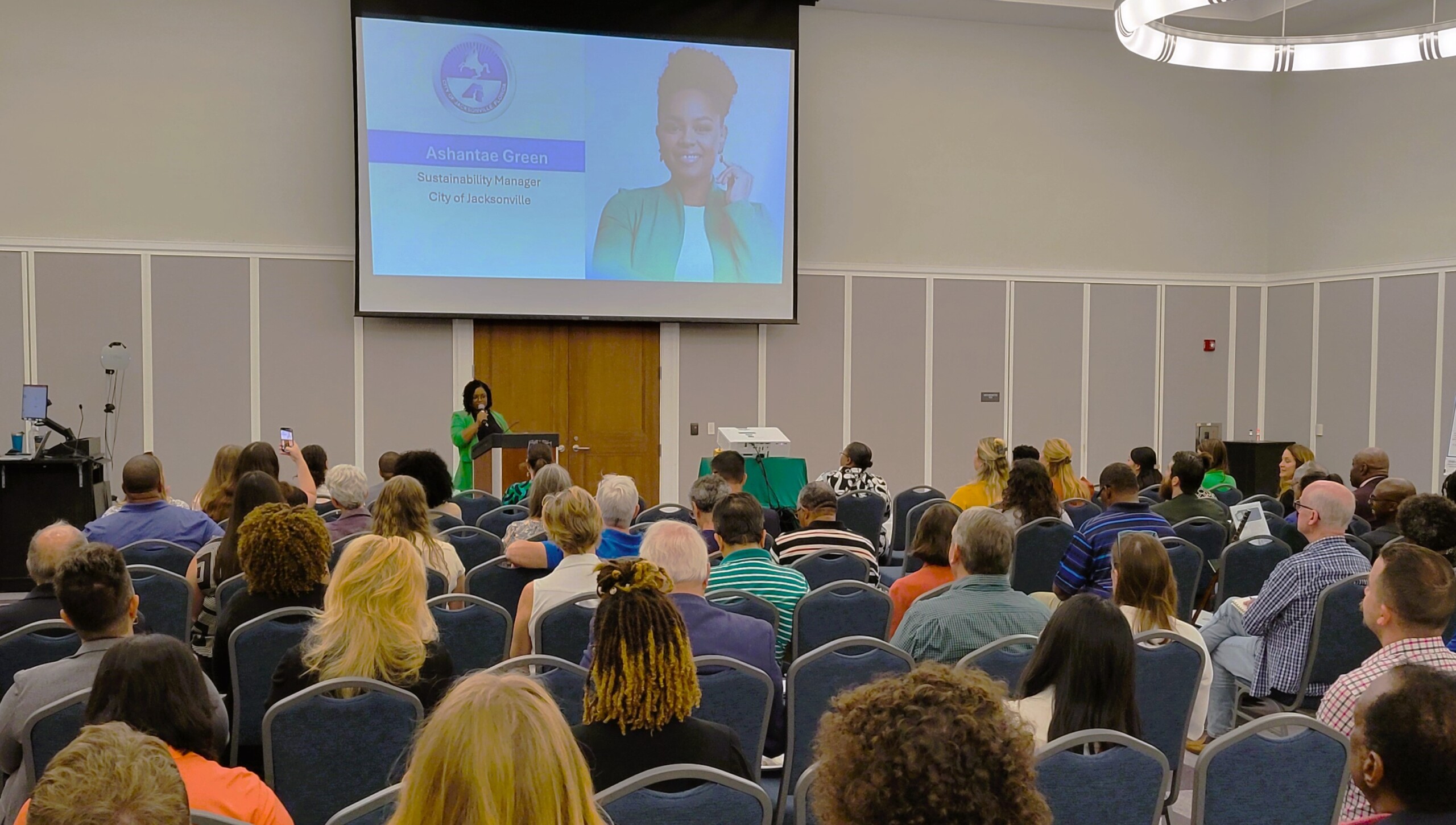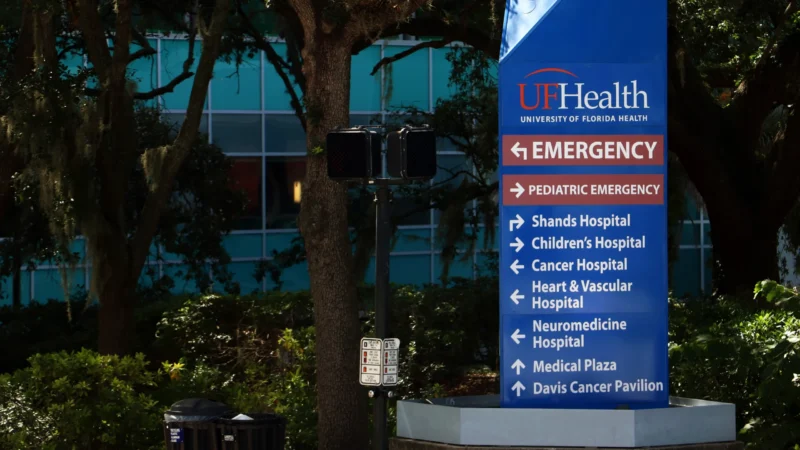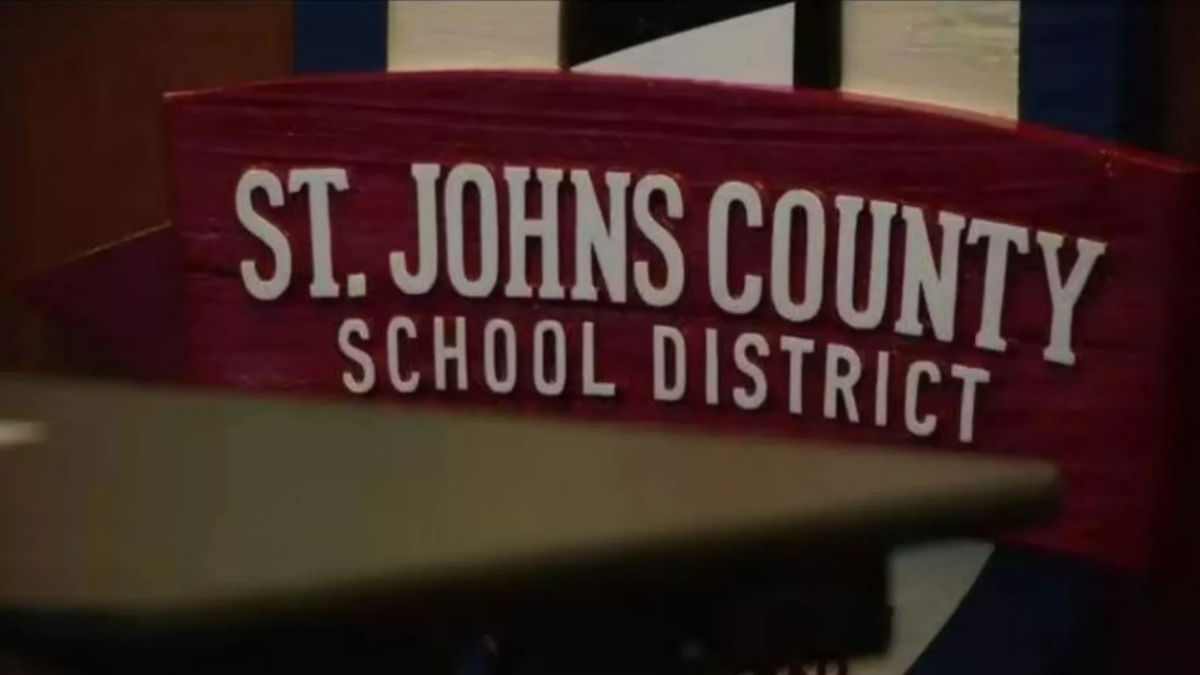A roundtable discussion Thursday began months of groundwork to create a Clean Air Northeast Florida Climate Action Plan.
More ideas will be sought at four online forums between now and May to develop a plan for mitigating the effects of pollution and climate change. The final plan will be submitted to the Environmental Protection Agency and could lead to millions of dollars to address carbon emissions and find non-polluting power sources like solar.
More than 100 people — ranging from citizens to city and community leaders, EPA officials and environmental experts — attended Thursday’s three-hour kickoff at the Main Library in Jacksonville. A $1 million grant through the EPA-administered Climate Pollution Reduction Grant Program is funding the effort. A complete plan is due to the EPA in just over a year.
“We definitely want people to understand that for the climate action plan to move forward, it’s going to take everybody,” said Jacksonville Sustainability Manager Ashantae Green. “We have monthly sector roundtables pulling together industry experts from every single sector that impacts greenhouse gas emissions — residential, commercial, industry, energy, even down to wastewater and solid waste. We just want everyone to give their feedback as well as understand that for us to mitigate some of the issues when it comes to climate change, we have to plan accordingly.”
The EPA is doing “everything we can to improve our air,” said Sarah Taft, from the EPA’s Southeast region office. Jacksonville took the first step in March 2023 with its Regional Priority Climate Action Plan. That lays the framework to combat climate change and its effects in Northeast Florida.
Taft said she was at Thursday’s meeting to work on the new climate action plan and find new strategies and business partners to achieve that goal.
“This is the actual plan of what you guys are going to do, who you are going to work with, what sectors are going to be involved, to make it tangible,” she said. “The big part of that is looking for funding opportunities, so figuring out where you can pull federal funds and build partnerships, and that is what we are here to help with as well.”
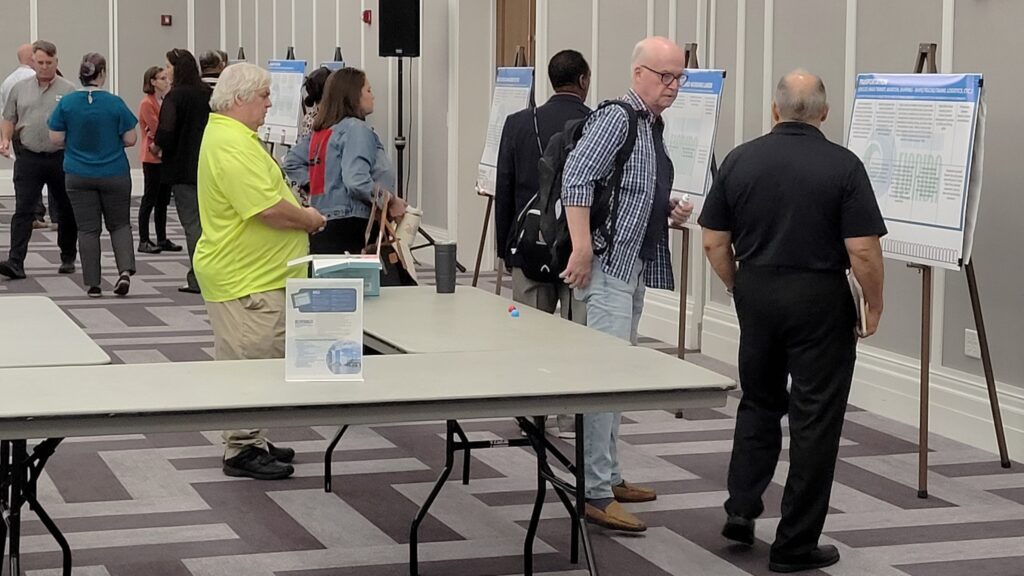
The EPA grant program is set up to allow communities to improve air quality, enhance public health, create jobs, increase energy independence, conserve environmental resources and mitigate the effects of our changing climate through regional greenhouse gas reduction measures.
Jacksonville’s plan would cover Baker, Clay, Duval, Flagler, Nassau, Putnam and St. Johns counties as well as Palm Coast. Developing the plan would make the area eligible for upwards of $500 million in grants to address pollution issues, Green said at a Resilient First Coast Collaborative meeting last November in St. Johns County.
The meeting Thursday included staff from the Jacksonville Transportation Authority, JEA, Jacksonville Port Authority, Jacksonville Airport Authority and even the Duval County School Board. All were asked to review posters with ideas garnered from around the country to clean up greenhouse gas emissions in the transportation, building, power generation and other sectors, then mark the three they believe could be done.
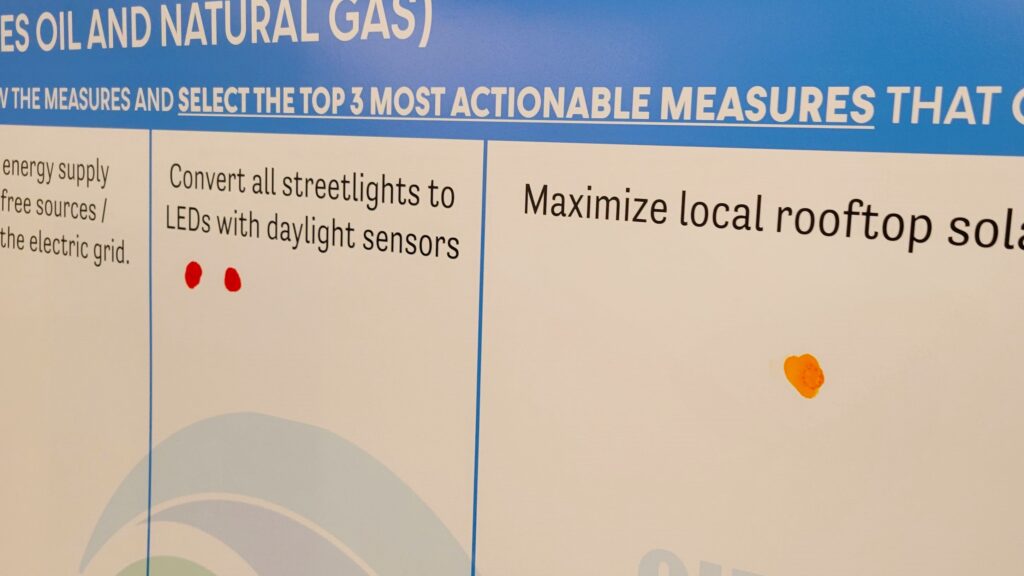
When the ideas are incorporated into the action plan by April, Green said it will contain concrete ways to limit greenhouse gas emissions. Their investigation so far shows that one of the biggest contributors to greenhouse gas emissions — 40% — is transportation like cars, trucks and the like.
“If you look through the priority plan, you will see a lot of great opportunities to collaborate with JTA and other partners to increase mass transit,” she said. “We are also looking into how to increase the amount of electric vehicle charging stations. And we are also looking at our buildings, which are also responsible for another 40% of our emissions, and how we can reduce energy burden and increase energy efficiency all around.”
There will be additional in-person events, as well as monthly virtual sector roundtable meetings and online public forums. Those forums will be 6 p.m. Sept. 12, 1 p.m. Dec. 6, 1 p.m. Feb. 28 and 1 p.m. May 30.



